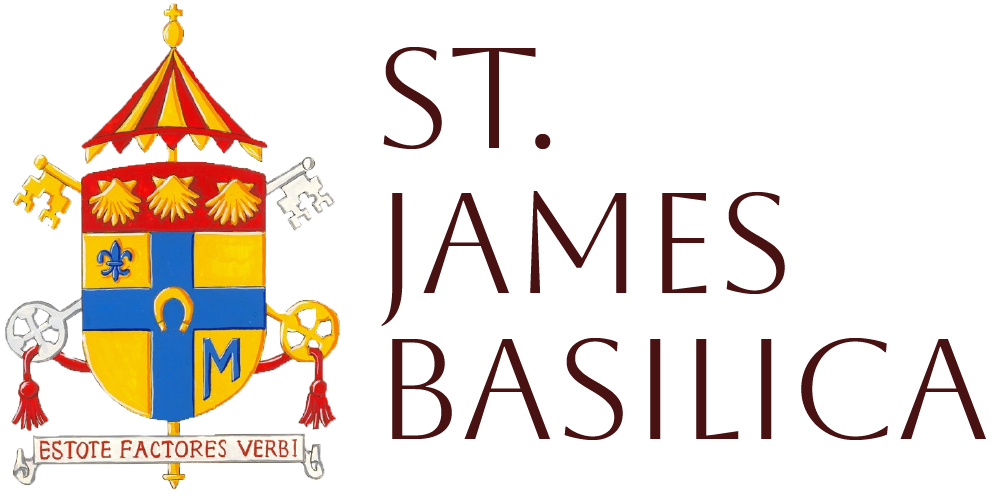Anointing of the Sick
| Catechism of the Catholic Church on the Anointing of the Sick |
| In the Church's Sacrament of Anointing of the Sick, through the ministry of the priest, it is Jesus who touches the sick to heal them from sin – and sometimes even from physical ailment. His cures were signs of the arrival of the Kingdom of God. The core message of his healing tells us of his plan to conquer sin and death by his dying and rising. The Rite of Anointing tells us there is no need to wait until a person is at the point of death to receive the Sacrament. A careful judgment about the serious nature of the illness is sufficient. When the Sacrament of Anointing of the Sick is given, the hoped-for effect is that, if it be God's will, the person be physically healed of illness. But even if there is no physical healing, the primary effect of the Sacrament is a spiritual healing by which the sick person receives the Holy Spirit's gift of peace and courage to deal with the difficulties that accompany serious illness or the frailty of old age. |
| Who may receive the Sacrament of the Anointing of the Sick? Canon 998
Canon 1004
These canons can be summarized as follows. Those who satisfy three conditions may be anointed:
The ritual gives the following examples:
|
| If you or a loved one is in need of this Sacrament, please notify the Parish Office (701.252.0119) and a priest will come for a pastoral visit. |



